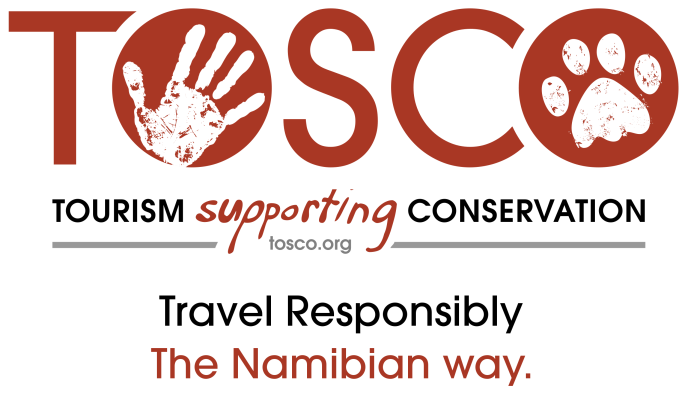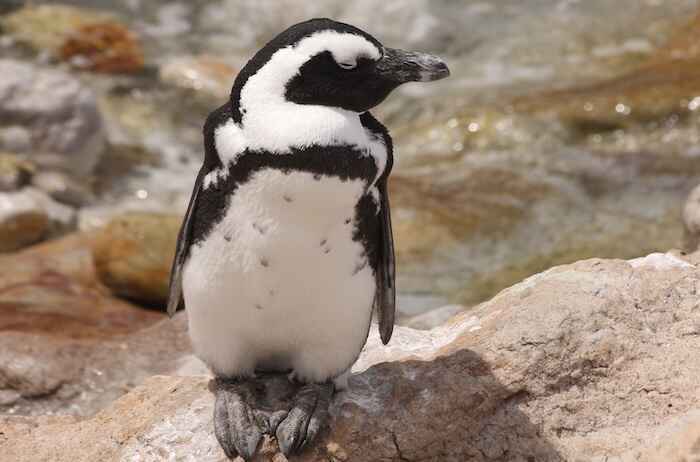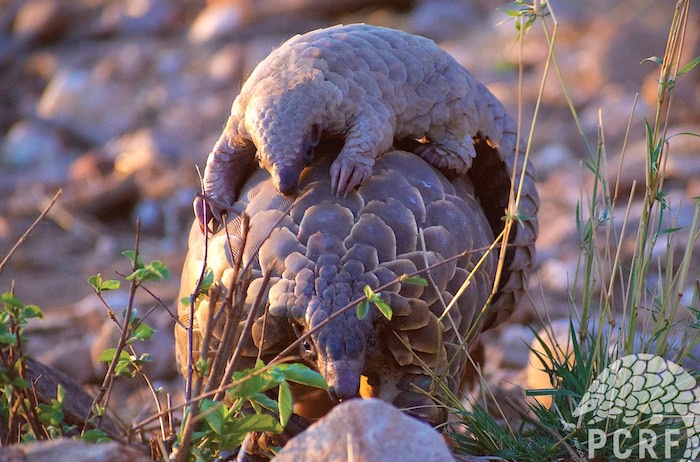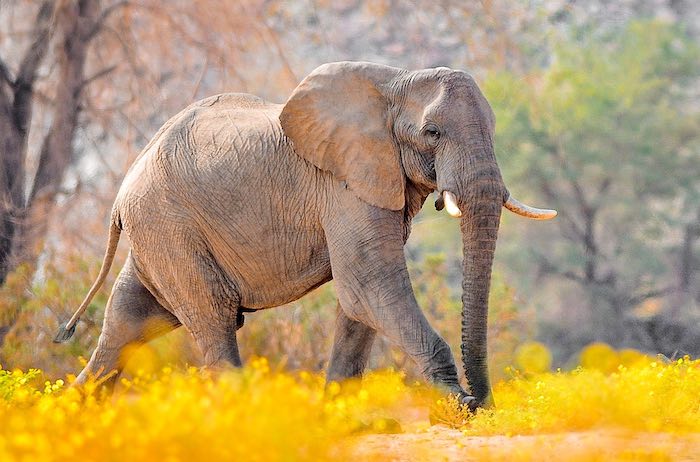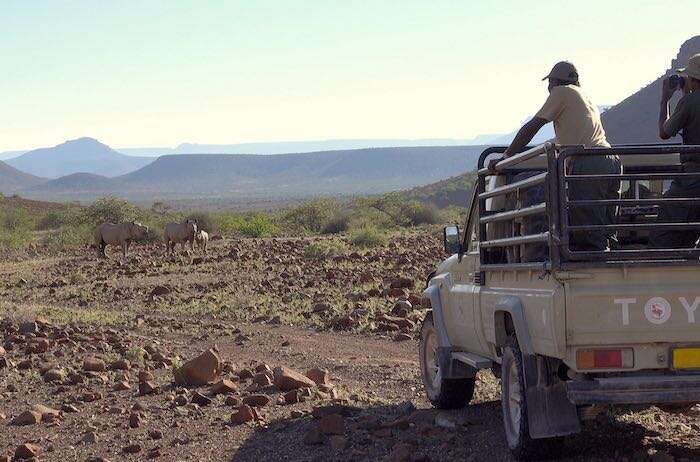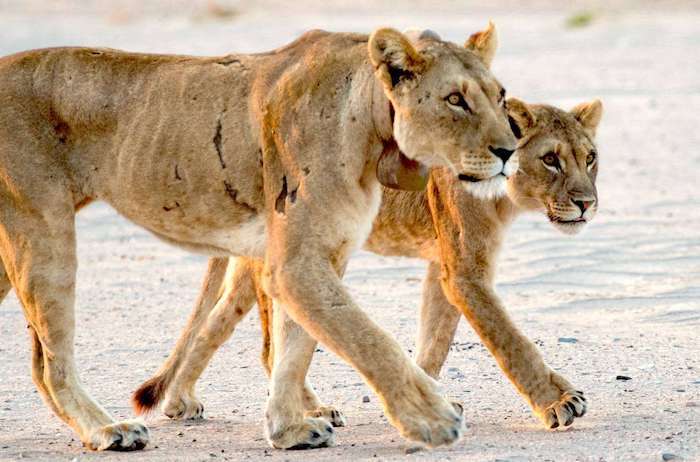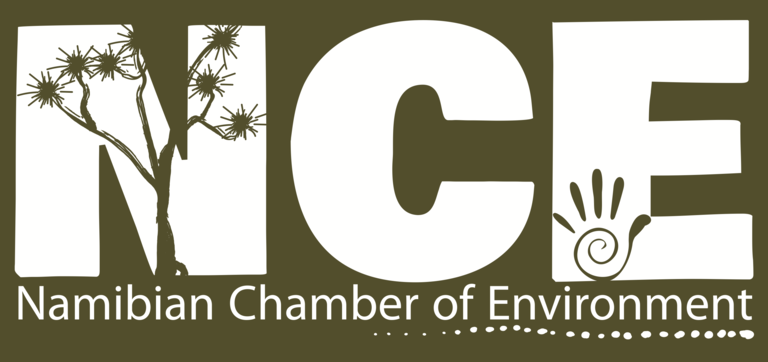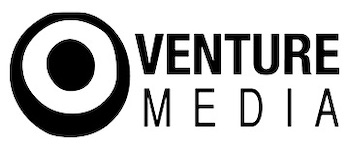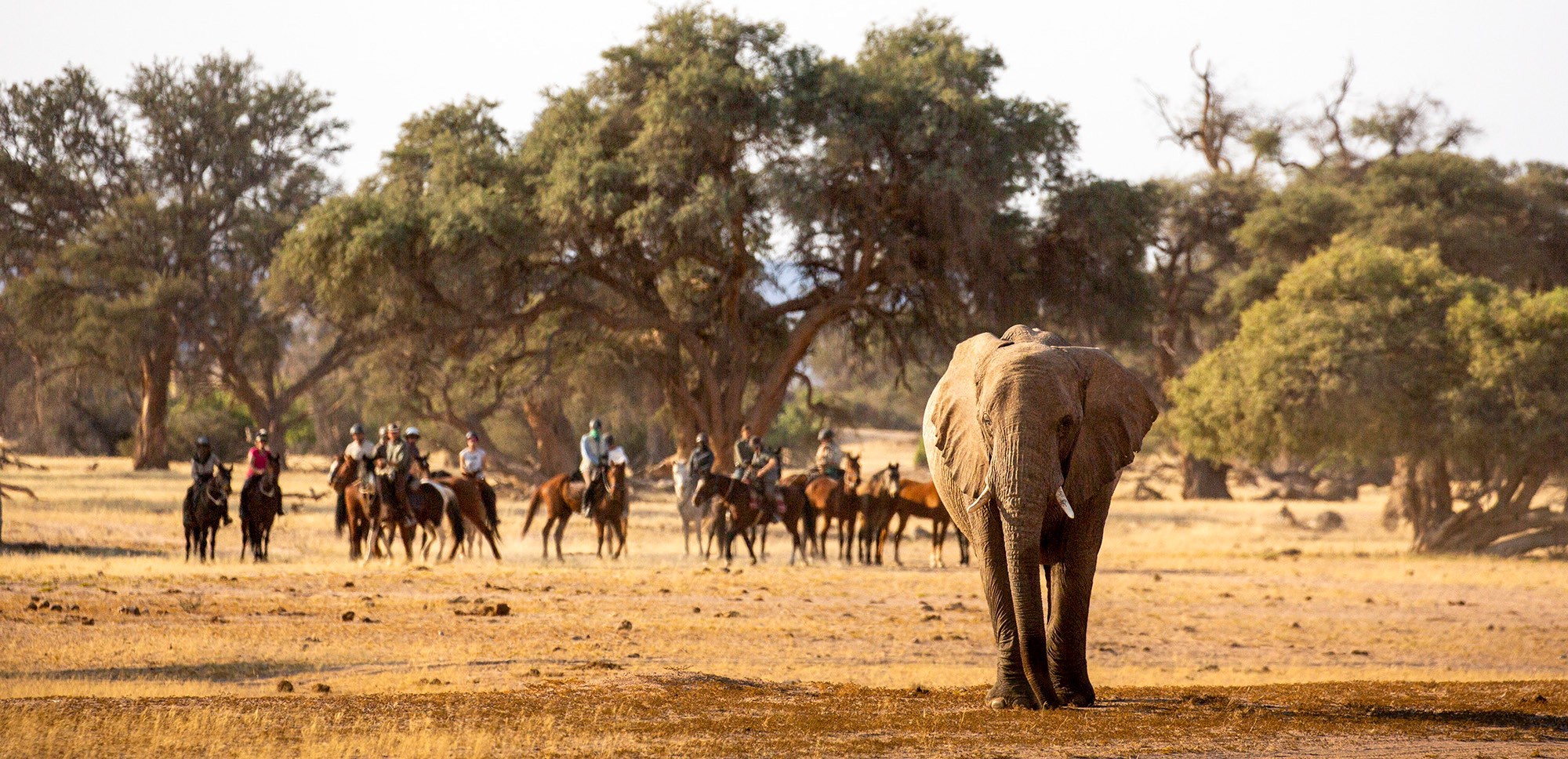
Bridging the gap between tourism and conservation: A decade of dreams, challenges and achievements
Celebrating 10 years of TOSCO
8th November 2022
In 2012, tour guide Félix Vallat had a dream. He wanted to strengthen the relationship between the tourism industry, in which he worked, and conservationists and communities who needed more support to achieve their aims. That year he founded the Tourism Supporting Conservation Trust, better known as TOSCO. We, the TOSCO team, are celebrating our 10th anniversary this year and take the opportunity to reflect on what we have achieved thus far and focus on where we want to go in future.
Born out of adversity and inspiration
TOSCO was born at a time of adversity, when lions were poisoned in Puros Conservancy in the Kunene Region during 2012. For Félix, this incident highlighted the paradoxical relationship between the tourism sector and local communities when it comes to lions and other iconic, but problem-causing species. Communities were vilified for killing the lions, yet they bore all the costs of living with lions and received none of the benefits that were reaped by the tourism sector.
Inspired by Garth Owen-Smith and Dr. Philip Stander, Félix realised that the tourism sector needed to assist communities who live with wildlife if it wanted to ensure its own long-term viability. With the support of Kunene Conservancy Safaris and Skeleton Coast Safaris, TOSCO started funding three community members – Bertus, Kootie and Colin – in Puros to monitor lion movements and mitigate human-lion conflict. These three were among the first lion rangers employed in Namibia.
Félix's dream went beyond funding lion rangers, however. I wanted to create a platform that opened the communication between conservation NGOs, the government, the local communities and the tourism industry,
says Félix, and he also wanted to increase awareness and education within the tourism industry about conservation matters.
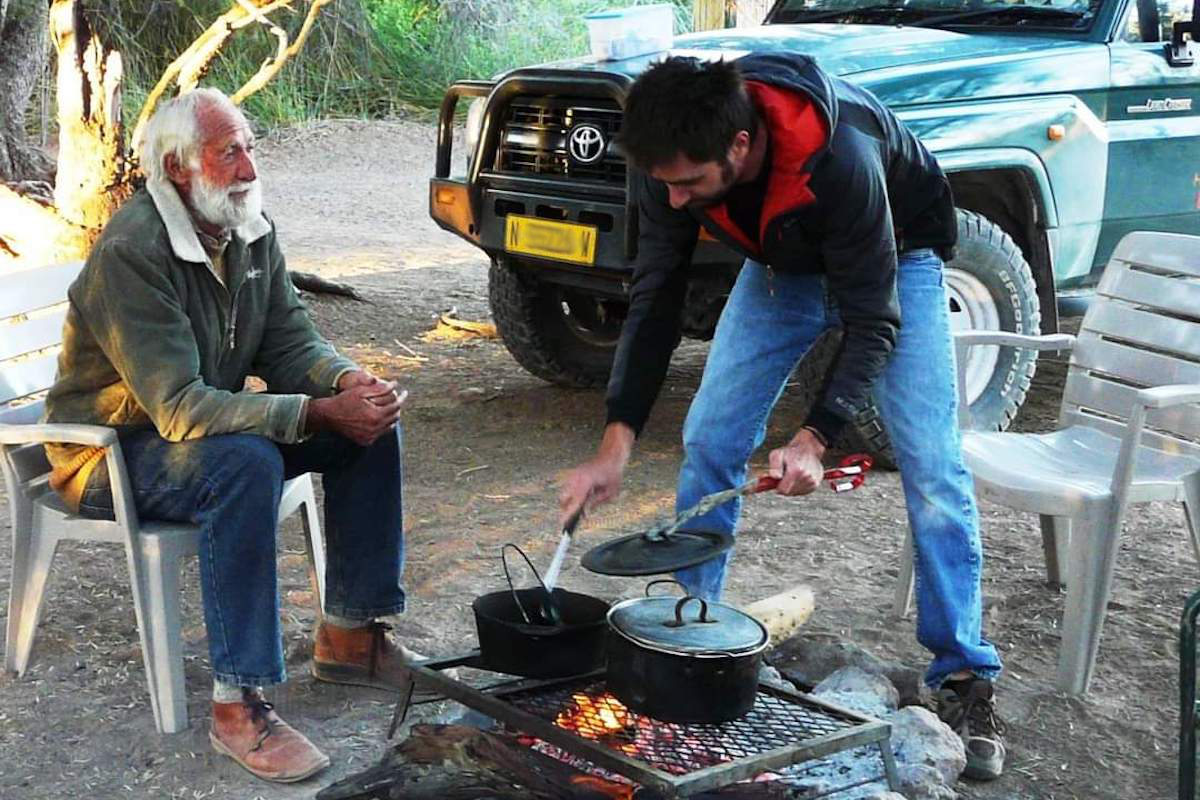
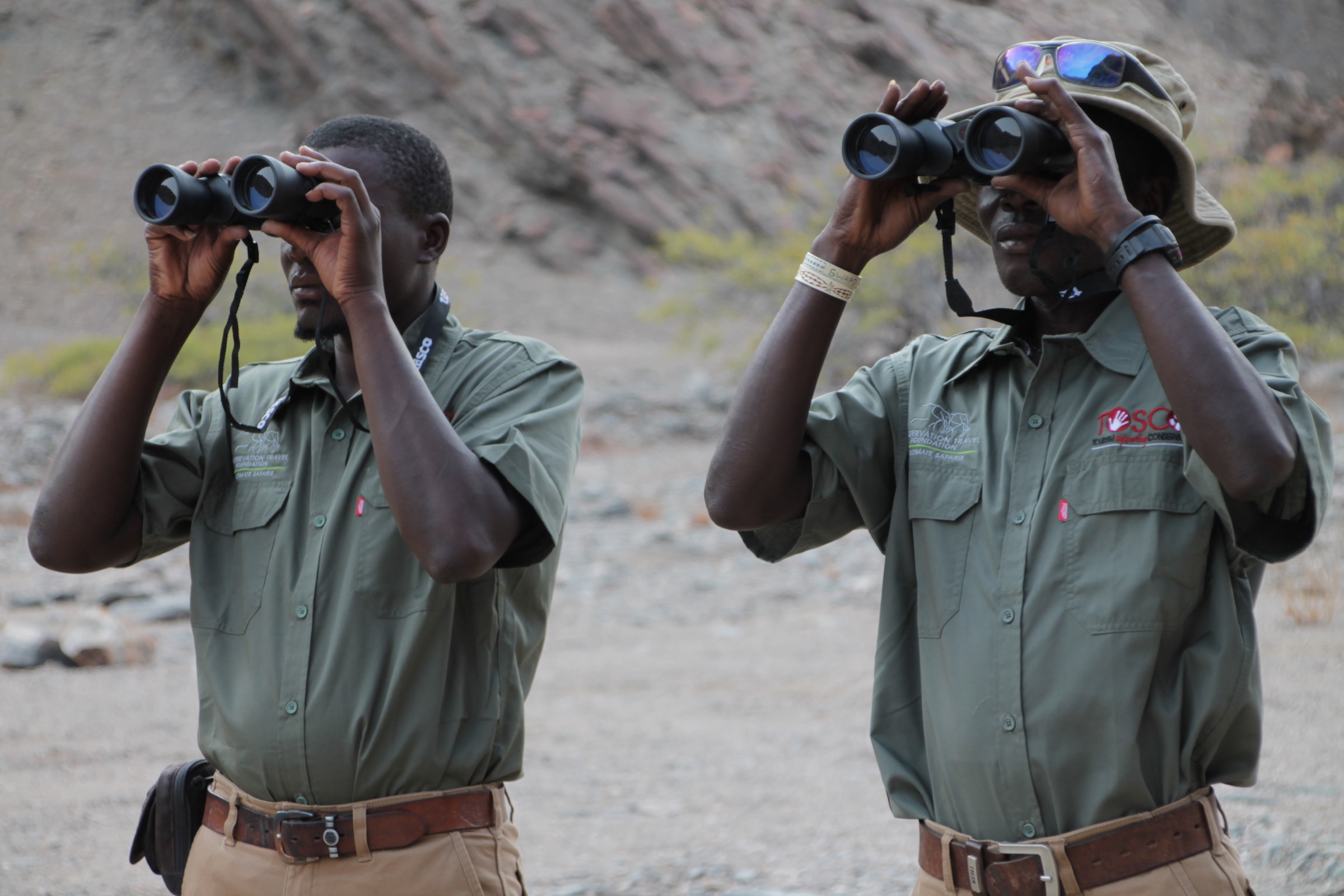
The TOSCO concept resonated with the tourism industry in Namibia. In the first year alone, 18 additional tourism companies joined TOSCO as paying members, reaching a peak of 42 members in the following years. Ultimate Safaris has been a member from the very beginning. Their co-founder and Managing Director, Tristan Cowley, explains: We believe in meaningful conservation partnerships, knowing that the more collaboration there is, the better for conservation. As a true conservation travel company, our partnership with TOSCO is just one of those meaningful partnerships that drives conservation for a greater good!
With no budget for TOSCO's operating expenses, the organisation initially relied on a team of tourism professionals devoting their free time to their passion of conserving the natural environment. We now support external projects managed by various organisations, while also implementing our own projects to fill critical gaps where needed. All TOSCO projects were undertaken within four main programmes: Living with Wildlife, Awareness, Research and Clean Travel.
The Living with Wildlife Programme supported several human-wildlife conflict-related projects in 10 conservancies and developed the Conservation Contribution concept, which enables tour operators to pay a voluntary fee for their tourism activities on communal land. The Clean Travel Programme started a carbon-offsetting project in 2017 in collaboration with Eloolo Permaculture Initiative, whereby tourism businesses offset their greenhouse gas emissions by supporting the planting and maintenance of trees at selected schools. As part of the Awareness Programme, TOSCO organised conservation-related workshops, established responsible travel guidelines and placed informative signboards in environmentally sensitive areas. The Research Programme supported scientific researchers who focus on the long-term survival of threatened and endangered wildlife, as well as conservancies for organising annual game counts.
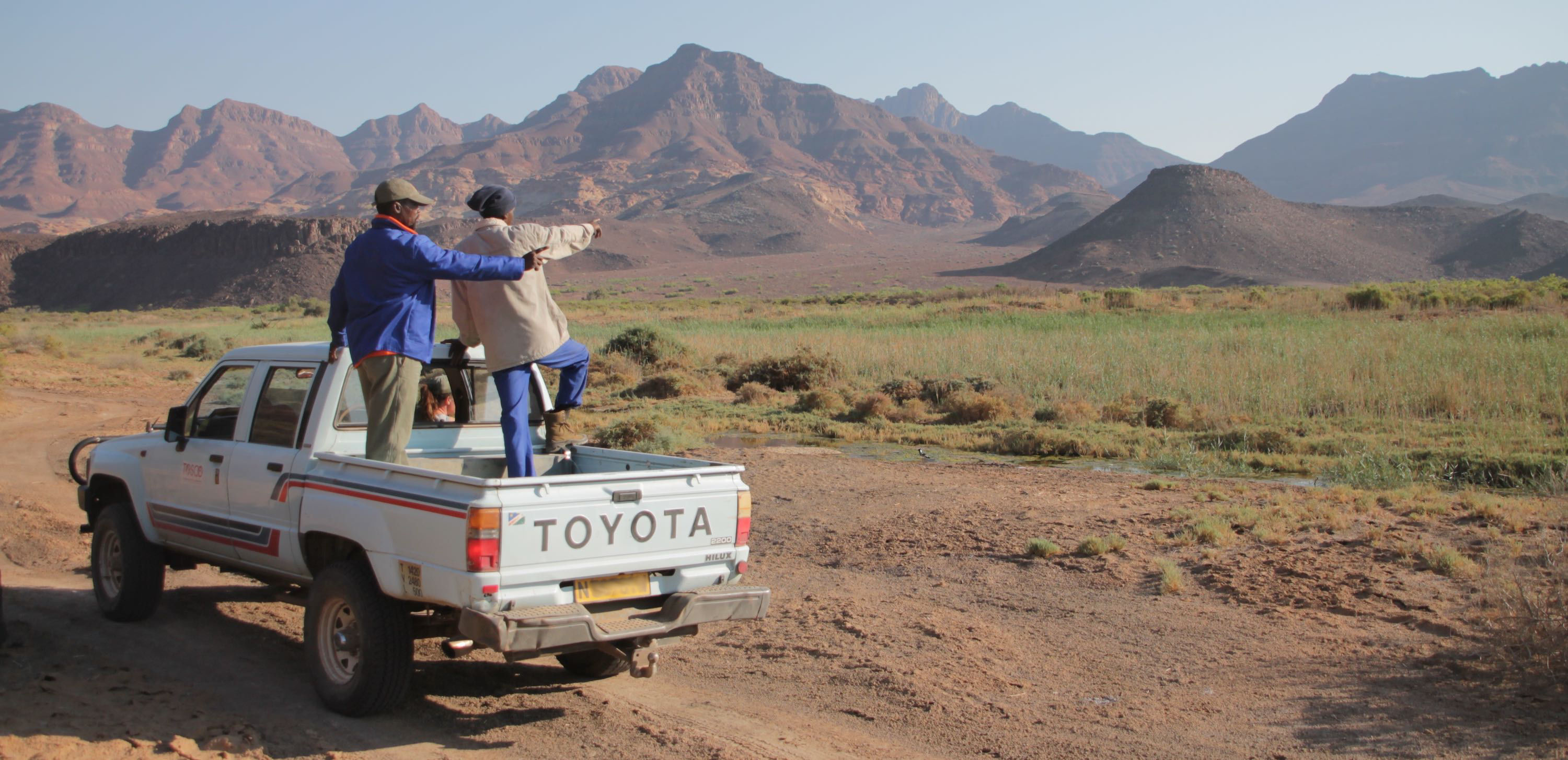
TOSCO's contribution to conservation
Over the past ten years, more than N$6 million have been collected and disbursed through TOSCO, mostly from the tourism industry through memberships, thus linking travel with direct conservation impact. When asking partners what they value about TOSCO, many of them mentioned our complementary support to other organisations, our flexible and responsive methods, and limited bureaucratic barriers.
As Uakendisa Muzuma, Large Carnivore Coordinator from the Ministry of Environment, Forestry and Tourism, explained, What currently makes you unique is the way you are aligned, you are not fighting for resources on the ground, you are contributing to the existing structures.
According to Russell Vinjevold, Integrated Rural Development and Nature Conservation's (IRDNC) Resource Monitor, One of TOSCO's main strengths and achievements is the flexibility and the ability to react fast. So in other words, a lack of bureaucracy, or streamlined systems and processes. I can call TOSCO for a battery or tyre for a car, and within a day TOSCO would come back and say, ‘yes, we can help you or no, we can't'. But you get an answer within a day.
Most importantly, communities at grassroots level have received tangible benefits. The community of De Riet in Torra conservancy sees TOSCO as a helping hand,
says Lorens Adams, Senior Councillor of the Riemvasmakers Traditional Authority. TOSCO has helped us in many ways over the years: building an information centre that encourages tourists to visit De Riet for elephant excursions, building a predator-proof kraal to protect our livestock from lions, and installing solar-powered lights. This year TOSCO bought us a new solar water pump, which has helped with our biggest problem: lack of access to water. All of this has allowed the community to make a better life for ourselves.
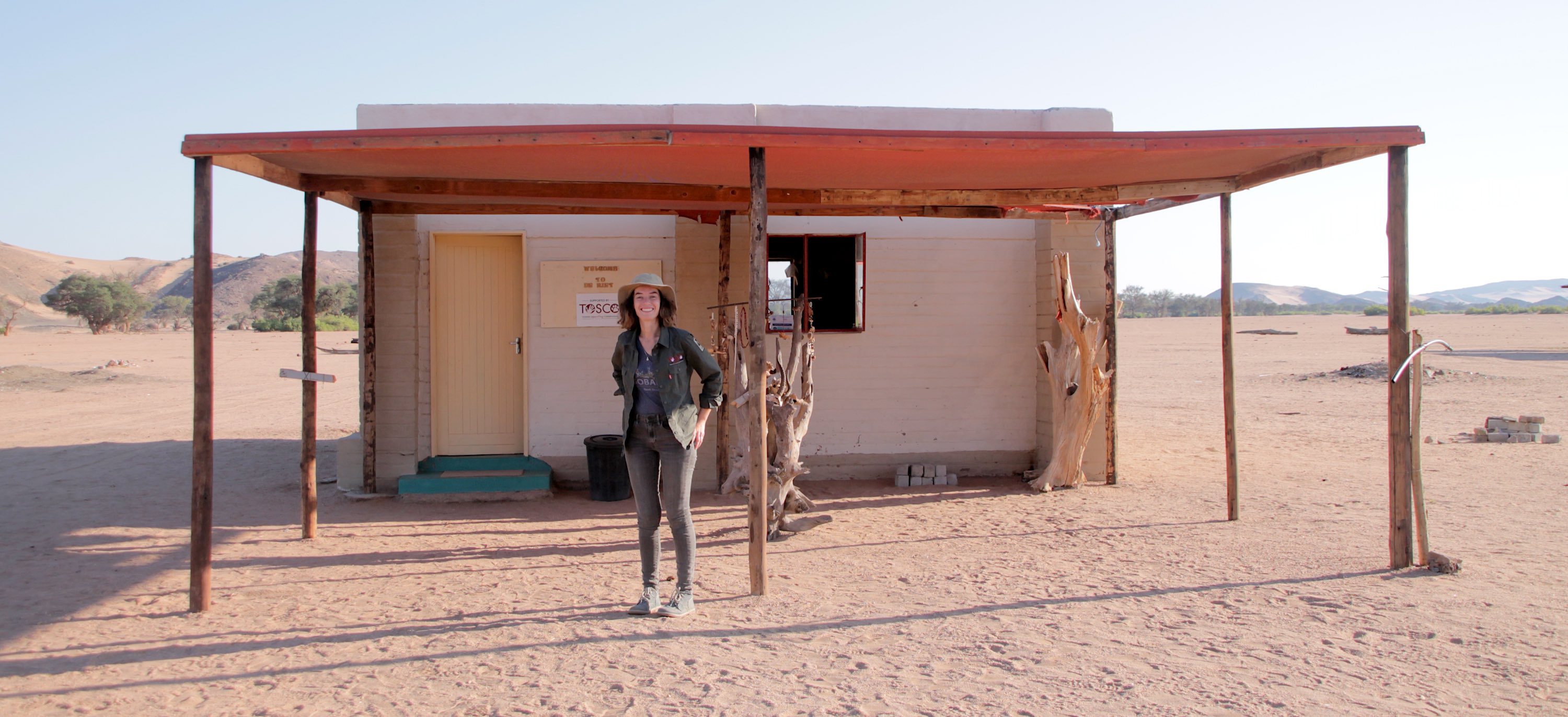
Surviving the COVID-19 tourism shutdown
The COVID-19 pandemic had a massive impact on the tourism industry, which resulted in a significant decline in tourism members joining TOSCO. However, determined to continue supporting conservation throughout the crisis and thanks to the major support of the Namibian Chamber of Environment and individual donors that kept us afloat, we adapted to the temporary dip in support from the tourism industry by building stronger partnerships with the government and NGOs.
In early 2020, TOSCO started collaborating with the World Wildlife Fund Namibia to assist with the Wildlife Credits Namibia project. Wildlife Credits creates a platform for businesses to pay for conservation products
: securing wildlife habitats and corridors, or conserving iconic species that inhabit these landscapes. Payments are used to reward communities as the wildlife stewards for positive conservation outcomes that are independently verified using tourist sightings or technology such as camera traps. This provides businesses with clear returns for their investment and data for their environmental, social and governance reporting, which is an increasingly important requirement within the corporate sector. TOSCO's role is to market Wildlife Credits products to the tourism value and supply chains by explaining how the system works and describing the long-term benefits of supporting conservation outcomes for the tourism industry.
Building on our first project, TOSCO has become part of the team that administers the Lion Ranger programme, partnering with conservancies, the Ministry of Environment, Forestry and Tourism (MEFT), and several NGOs. The programme is centred on community-based natural resource management (CBNRM) principles and aims for the adaptive, sustainable management of lions in north-western Namibia, with particular emphasis on human-lion conflict challenges.
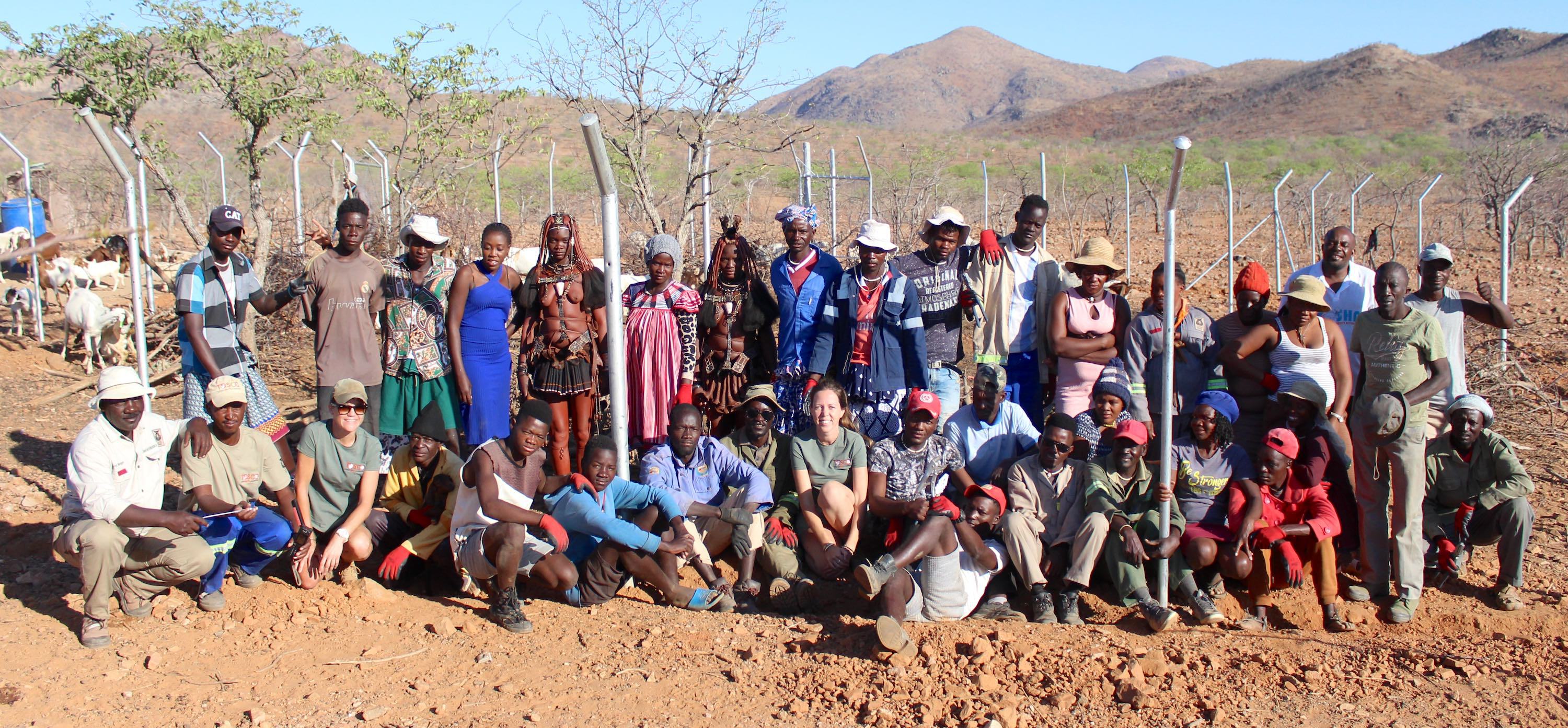
Planning the next TOSCO decade
The disruptions in tourism due to the pandemic gave us time to reflect on the past ten years of TOSCO and to prepare for sustainable growth and increased impact over the next ten years. As a result of these reflections, TOSCO has been restructured. Félix Vallat stepped aside as Director and took up the position of Chairperson of the Board. As the new director of operations, I will be looking to increase TOSCO's paid staff capacity, rather than relying mainly on volunteers as before, as part of our overall transformation strategy.
On the funding side, we endeavour to grow the number of TOSCO members by promoting a better understanding among tourism stakeholders of what responsible tourism entails and extending our platform to include the whole tourism value chain. Operationally, we want to extend our reach beyond the Kunene Region to include other important tourism destinations in Namibia, and areas where tourism needs to be better aligned with conservation.
In this new decade, TOSCO is replacing the four programme areas with three simplified themes: Climate, Education and Wildlife. We are developing new indicators of success that are integrated with global and national standards that will better measure and monitor the impact that we have on behalf of our members, which they in turn can communicate to their clients. TOSCO will continue to serve as an active and dynamic responsible tourism hub, where members can exchange best practices on responsible travel, where conservation partners can address members with tourism-related matters, and communities can gain more access to tourism benefits.
As tourist preferences change towards more meaningful travel with reduced negative impacts on the destination, we believe that our aim to achieve genuinely responsible tourism will become ever more important. Travellers are willing to pay more if they know that their money reaches local communities and conservation initiatives where it makes a real difference, and they will increasingly look for tour operators and agents that can guarantee this. TOSCO is in the best position to help Namibian tourism businesses adapt to this positive market shift.
In the first ten years of TOSCO, our team developed a solid understanding of community conservation and forged strong relationships with important conservation players, enabling us to provide the link between these stakeholders and the tourism industry. In return, we help our members gain recognition as responsible tourism businesses among travellers, and serve as the Namibian benchmark for responsible travel.
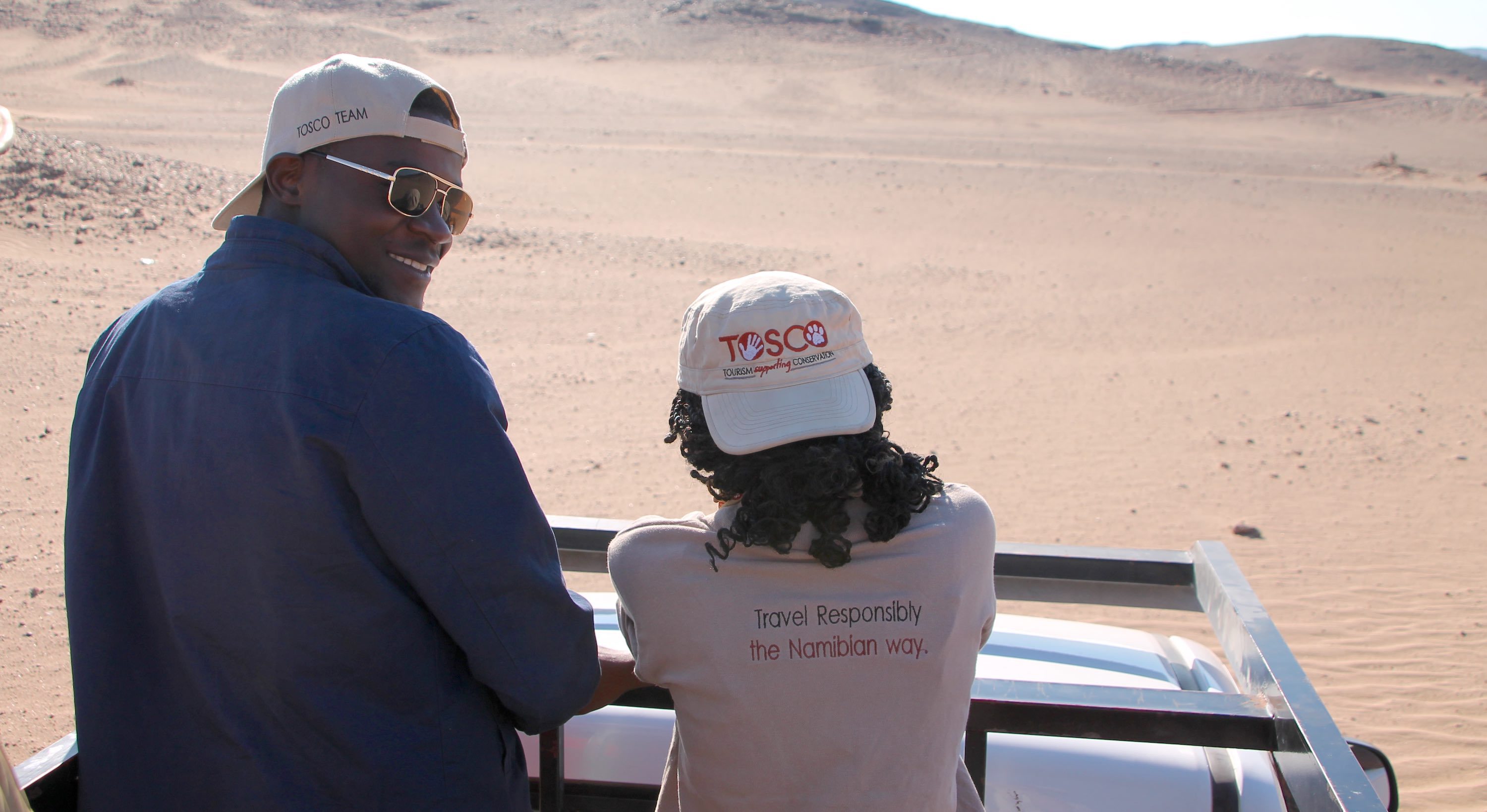
Becoming a TOSCO Member
We invite tour operators, accommodation providers, car rental companies, activity operators and other businesses linked to Namibian tourism to join our responsible tourism movement. There are five membership categories – Friends of TOSCO, Cheetah, Leopard, Lion and VIP – that vary in price according to the level of recognition you will receive in return. For more details, email info@tosco.org
If you enjoyed this page, then you might also like:
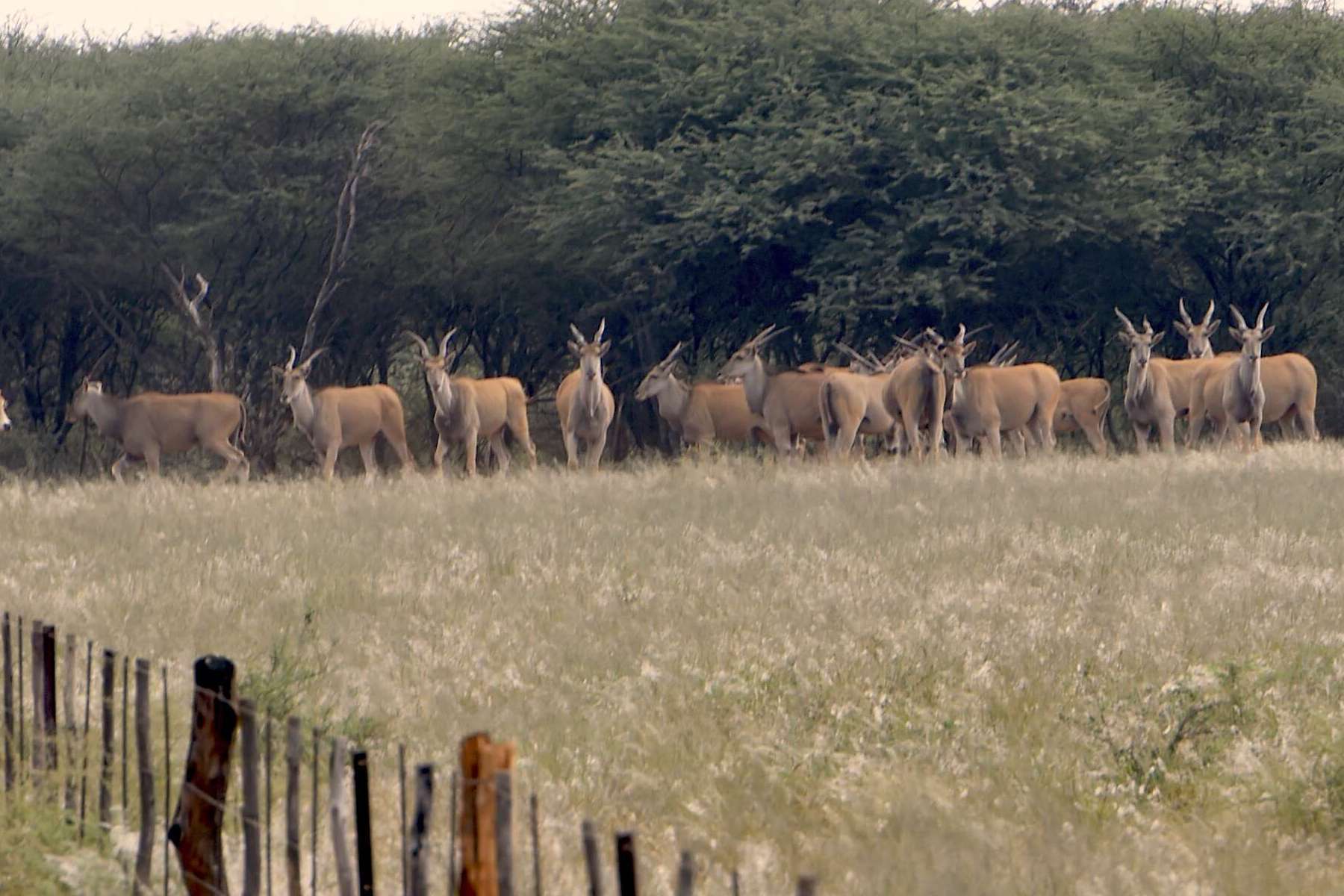
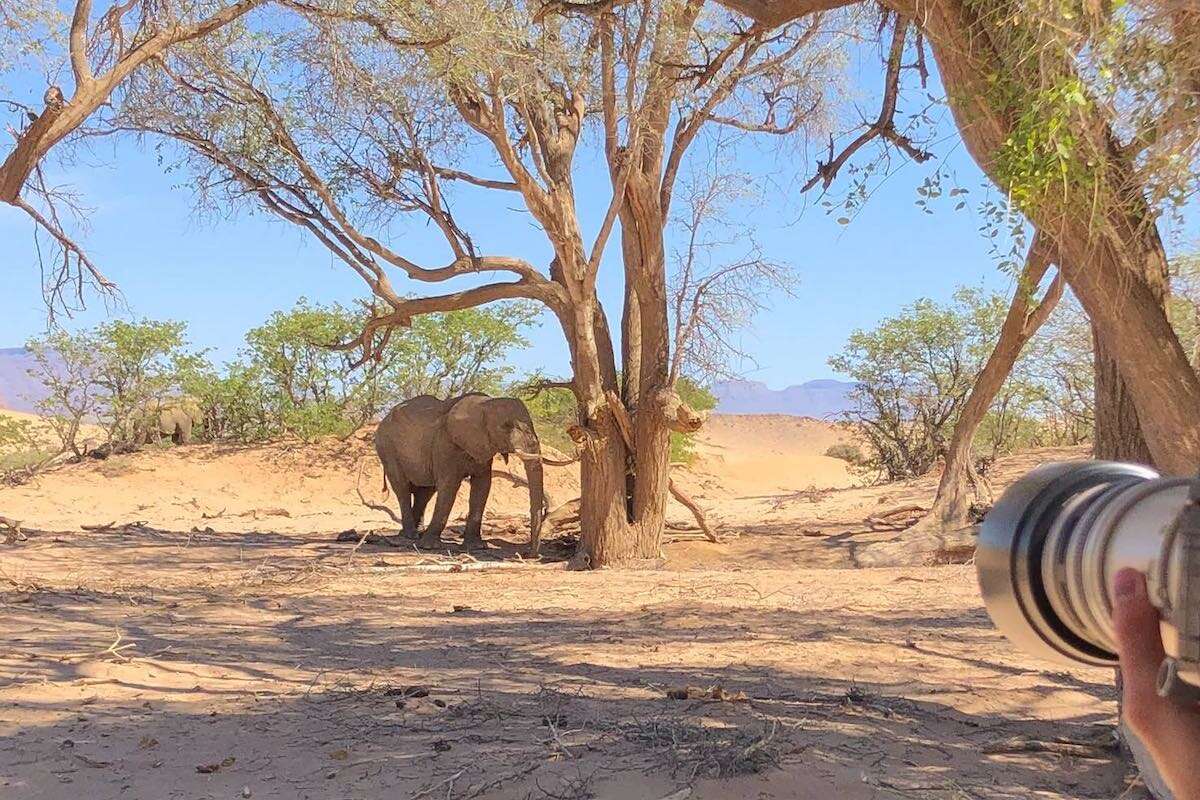
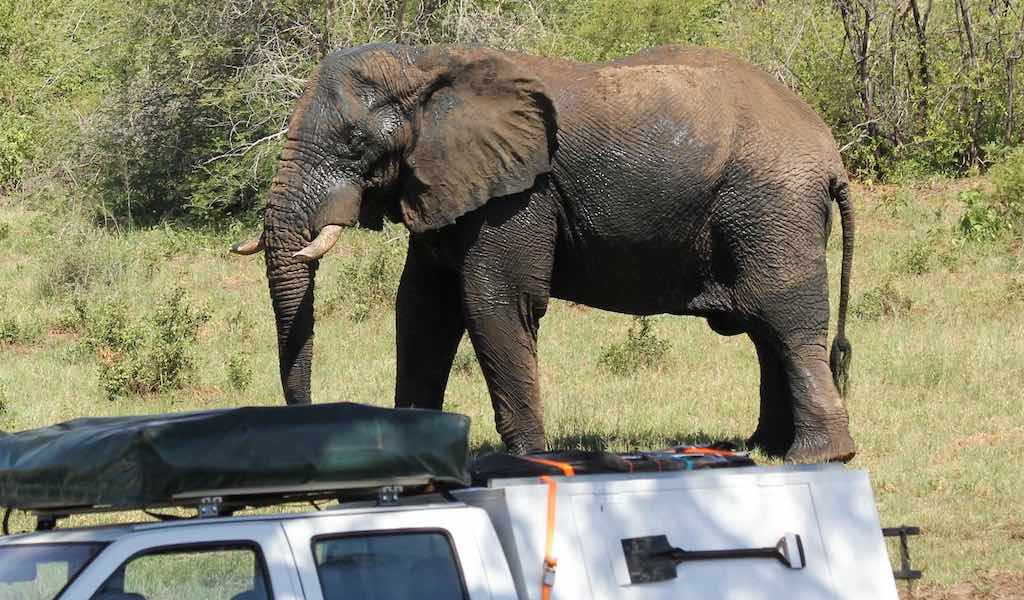
For articles on similar topics, please click one of the following options:
For more great articles from Conservation Namibia see below...
Conservation Namibia brought to you by:
We use cookies to monitor site usage and to help improve it. See our Privacy Policy for details. By continuing to use the site, you acknowledge acceptance of our policy.
